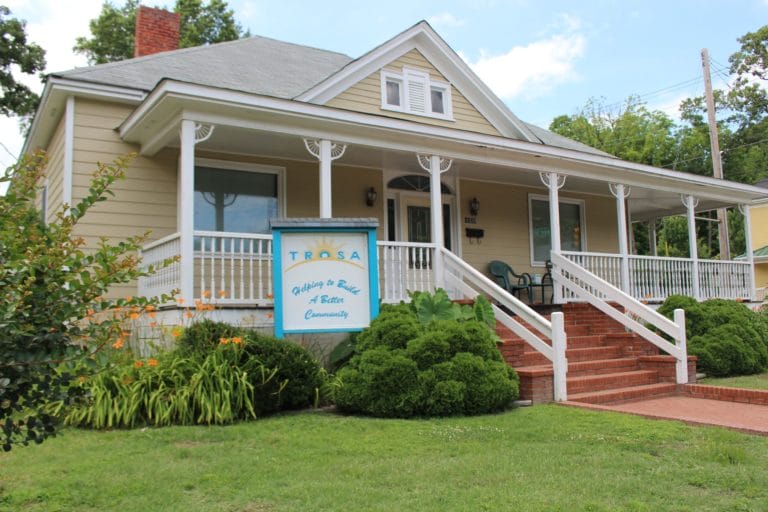According to a study conducted by the Substance Abuse and Mental Health Services Administration, it is estimated that more than 20 million Americans were in need of substance abuse treatment in the last 7 years. Rehabilitation is defined as a process that gives people in addiction an inpatient or outpatient option to manage their disorder on a long-term basis. In order to become a true advocate for rehab (inpatient or outpatient), it may help to educate yourself on the process and structure of how rehab works. Inpatient rehab is often recommended for cases of severe or long-term addiction, and for those with co-occurring disorders.
While getting a loved one to go to rehab may not be easy, don’t ever wait until things get worse before attempting to get them to go. Opening communication about rehab and how rehab works to someone who struggles with addiction is important.
According to research, treatment for addiction should last a minimum of 90 days in order to have the highest rate of effectiveness. Throughout this process individuals typically begin with about a month of inpatient rehab and as time progresses they transition to an outpatient program. Specific schedules will vary from program to program and according to individual client needs, but there are some consistencies between most addiction treatment programs.
What Is Inpatient Rehab Like?
Life in rehab, specifically inpatient rehab, is very structured. By developing new patterns and routines in rehab, the goal is to help a person avoid going back to detrimental behaviors that could jeopardize their recovery.
What Is Outpatient Rehab?
Outpatient rehab is very similar to inpatient rehab; however, the schedule is much shorter. For example, clients may arrive at a treatment facility or provider office at a certain time each day and engage in therapy and then leave to return home. Because outpatient is less hands-on and you’re able to live at home, most outpatient rehab is one-on-one therapy-based to help better address some of the temptations many may experience at home. A strong support system makes it easier for most to thrive during outpatient treatment.
What is TROSA?
TROSA is a licensed, innovative, long-term and peer-driven residential treatment program. TROSA is a cost-free program. You do not need insurance. Each day, TROSA gives hundreds of men and women the tools and support they need to be productive, recovering individuals by providing residential on-site housing, meals, clothing, and all essential daily needs; daily peer mentorship; counseling; life skills and vocational training; education classes; health services; continuing care for program graduates, and more. TROSA is a thoughtfully-structured multi-year program where individuals build skills to help sustain long-term recovery. Daily community assignments play a key therapeutic role in our program. Here, residents develop critical life skills; set goals for recovery; identify and work on adverse behavior and thought patterns in a supportive, safe space; and make community connections every day. We provide our services to every resident at no charge. If you or someone you know is looking to begin rehab, have them contact us today to learn more about our residential rehab facility.

